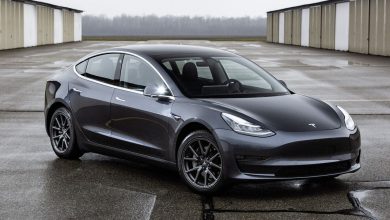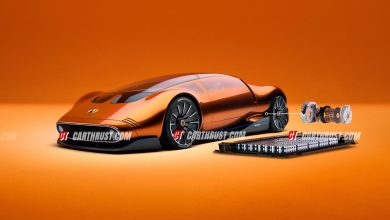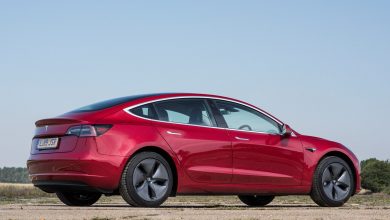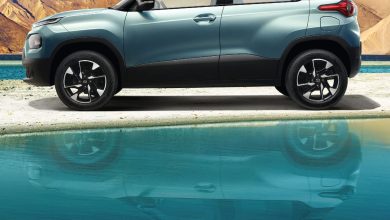Volvo CEO believes that the end of ICE cars is closer than before due to the pandemic
Electric vehicles could take over from Internal Combustion Engines(ICE), and the possibility of this happening could have accelerated due to the Coranavirus pandemic.
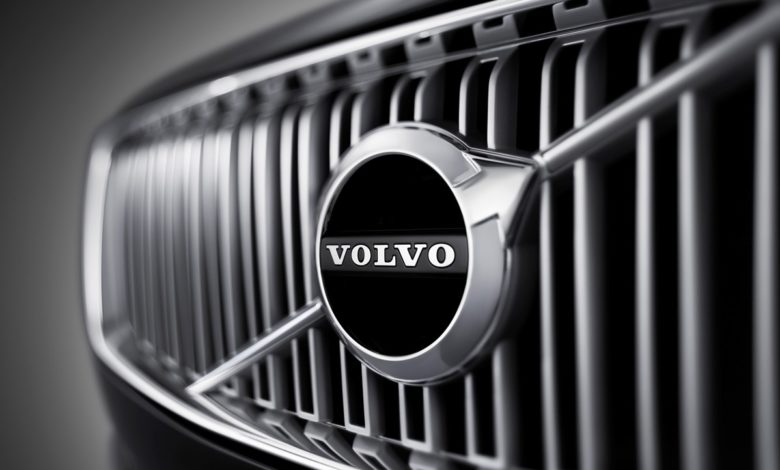
Coronavirus has spread its hateful presence around us and have come to realise that there has been a massive change since the time we have been been sealed to our homes. Coronavirus has taken a great many lives, and the pain that this will leave behind will always be remembered, but while sitting in my balcony, I realised that for the first time in a long time, the skies were clear and I could see the stars.
Volvo’s chief, Hakan Samuelsson, during a Financial Times Global Boardroom conference, via Autocar, said that he feels that the Coronavirus pandemic will further speed up the end of the timeline of Internal Combustion Engines, and I second this opinion. Okay, this does not mean that within a few years ICE based cars would vanish off of the road, but surely we will see alternate powertrain vehicles like hybrids and electric vehicles being considered more than they initially were. Like I reflected in the first paragraph, the skies have been clearer, and this is greatly due to the fact that industrial production and vehicles have not been operating. Pollution in major cities of the world has seen a significant drop and this makes me think, a permanent reduction of fossil fuel based combustion would make the world so much more environment friendly. It took Coronavirus to show us that our cities could be so much cleaner, and it is these very cities which we continue to defile with our emission spreading activities.
The emissions from an EV are substantially lesser than that of an ICE based vehicle and due to such reasons, countries in the world are preparing to make the switch from ICE cars, to electric vehicles. Norway has decided that after 2025, they would cease to sell ICE cars, the UK has set a goal to do the same by 2035, and other countries are planning on imposing such deadlines as well.
“It’d be good to promote new technology – good for governments to support electric vehicles, which are more expensive in the first years.” said Hakan Samuelsson and it is true, electric vehicles are expensive to purchase, especially in countries where incentives on EVs are not offered, but as technologies are advancing, batteries from these EV are offering more range and are cheaper to make, and this makes me believe that in the coming years, we could see EV’s being quite competitively priced.
Some may say that Samuelsson holds such an opinion because the upcoming range of Volvo vehicles includes many EVs and they could be correct in thinking this way, but the fact of the matter is that electric vehicles are the future.But, it’s not only Volvo as BMW, Mercedes Benz, JLR and other originally ICE based manufactures are slowly, yet steadily dismissing their petrol/diesel range and are bringing in electric electric technologies in their cars as well.
Hydrogen fuel celled vehicles is the technology which is being actively worked on by Toyota, Honda, Hyundai and BMW, and if the costs of manufacturing such a type of car are brought down, then this would surely make life difficult for ICE cars. For now, fossil fuel cars are with us but the change is coming, and I could not have been more happier about it. 55 years from now, it is entirely possible that our ICE engines would find a place alongside their ancestors in museums.

